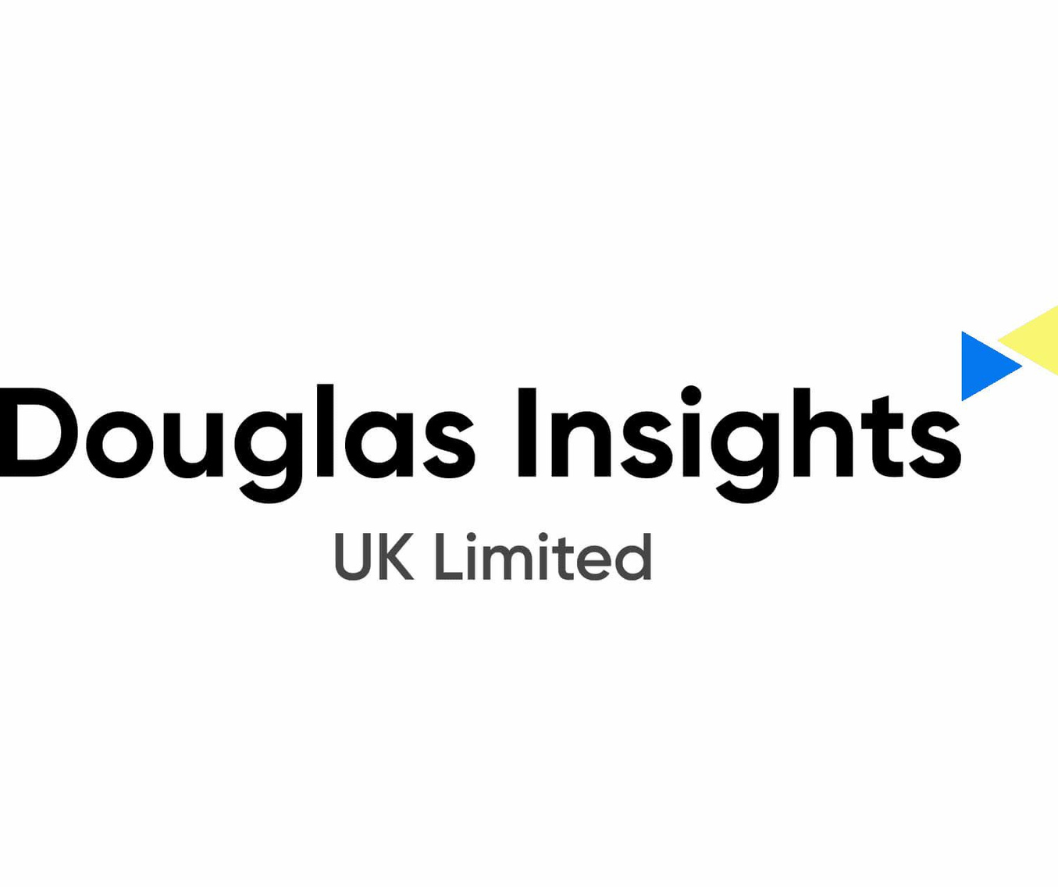The Cardiac Resynchronization Therapy (CRT) market is a critical segment of the medical device industry, specializing in treatments for heart conditions such as heart failure and certain arrhythmias.

Cardiac Resynchronization Therapy (CRT) Market Value and CAGR
The Cardiac Resynchronization Therapy (CRT) market is a critical segment of the medical device industry, specializing in treatments for heart conditions such as heart failure and certain arrhythmias. CRT involves the use of specialized devices to improve the synchronization and efficiency of the heart's pumping action. Here, we will provide an overview of the Cardiac Resynchronization Therapy market, its significance in cardiovascular medicine, and the factors influencing its growth.
Overview of the Cardiac Resynchronization Therapy (CRT) Market:
Treatment for Heart Failure: CRT is primarily used to treat heart failure, a condition where the heart's pumping ability is compromised. CRT devices, including biventricular pacemakers and implantable cardioverter-defibrillators (ICDs), help improve the heart's rhythm and coordination, leading to enhanced cardiac function.
Electrical Synchronization: CRT devices are designed to correct electrical conduction problems in the heart, particularly in cases where the heart's chambers do not contract in harmony. By synchronizing the electrical signals, CRT can improve the heart's pumping efficiency.
Implantable Devices: CRT devices are implanted under the skin, usually in the chest area. They deliver timed electrical impulses to the heart's chambers to coordinate their contractions, thereby improving blood flow and reducing symptoms of heart failure.
Heart Failure Management: CRT is often used in conjunction with medications and other therapies to manage heart failure effectively. It can alleviate symptoms like shortness of breath and fatigue, improve exercise capacity, and enhance the quality of life for heart failure patients.
Significance of the Cardiac Resynchronization Therapy (CRT) Market:
Improved Patient Outcomes: CRT has been shown to significantly improve the survival rates and quality of life for heart failure patients who do not respond well to traditional treatments.
Reduced Hospitalizations: By effectively managing heart failure symptoms, CRT devices can reduce the frequency and duration of hospitalizations, lowering healthcare costs and improving patient well-being.
Technological Advancements: Ongoing advancements in CRT technology, including smaller and more efficient devices, lead to improved patient outcomes and expanded treatment options.
Growing Aging Population: The prevalence of heart failure increases with age, and as the global population ages, the demand for CRT devices is expected to rise.
Combination Therapies: CRT is often used in combination with other cardiac devices, such as ICDs, to address multiple aspects of heart disease, offering comprehensive treatment options.
Access complete report- https://douglasinsights.com/cardiac-resynchronization-therapy-crt-market
Cardiac Resynchronization Therapy (CRT) Market Growth Drivers and Risks
Growth Drivers for the CRT Market:
Risks to the CRT Market:
Cardiac Resynchronization Therapy (CRT) Market Keyplayers
Cardiac Resynchronization Therapy (CRT) Market Segmentations
Cardiac Resynchronization Therapy (CRT) Segment by Type
Cardiac Resynchronization Therapy (CRT) Segment by Application
Related Reports:
For More Information Visit Our Website: https://douglasinsights.com/
Follow Douglas Insights for More Industry Updates- @ LinkedIn & Twitter
About Douglas Insights-
Douglas Insights UK limited is the first company to provide comparison of market research reports by Table of content, price, ratings and number of pages. We understand the value of time. Productivity and efficiency are possible when you take prompt and assured decisions. With our advanced algorithm, filters, and comparison engine, you can compare your preferred reports simultaneously, based on publisher rating, published date, price, and list of tables.
Office-
Bridge House, W Baldwin Rd,
Isle of Man IM4 5HA, Isle of Man
Email- isabella@douglasinsights.com
Telephone - +44 7624 248772
Web- douglasinsights.com/
Sodium Acetate Market , Petroleum-Based Degradable Plastic Market
Grow Your Market Fast With Our Reseller Publisher Partnerships Douglas Insights UK Ltd, helps companies on a global platform to connect their customers with the right research reports the first time, every time.
Oct 07, 2023